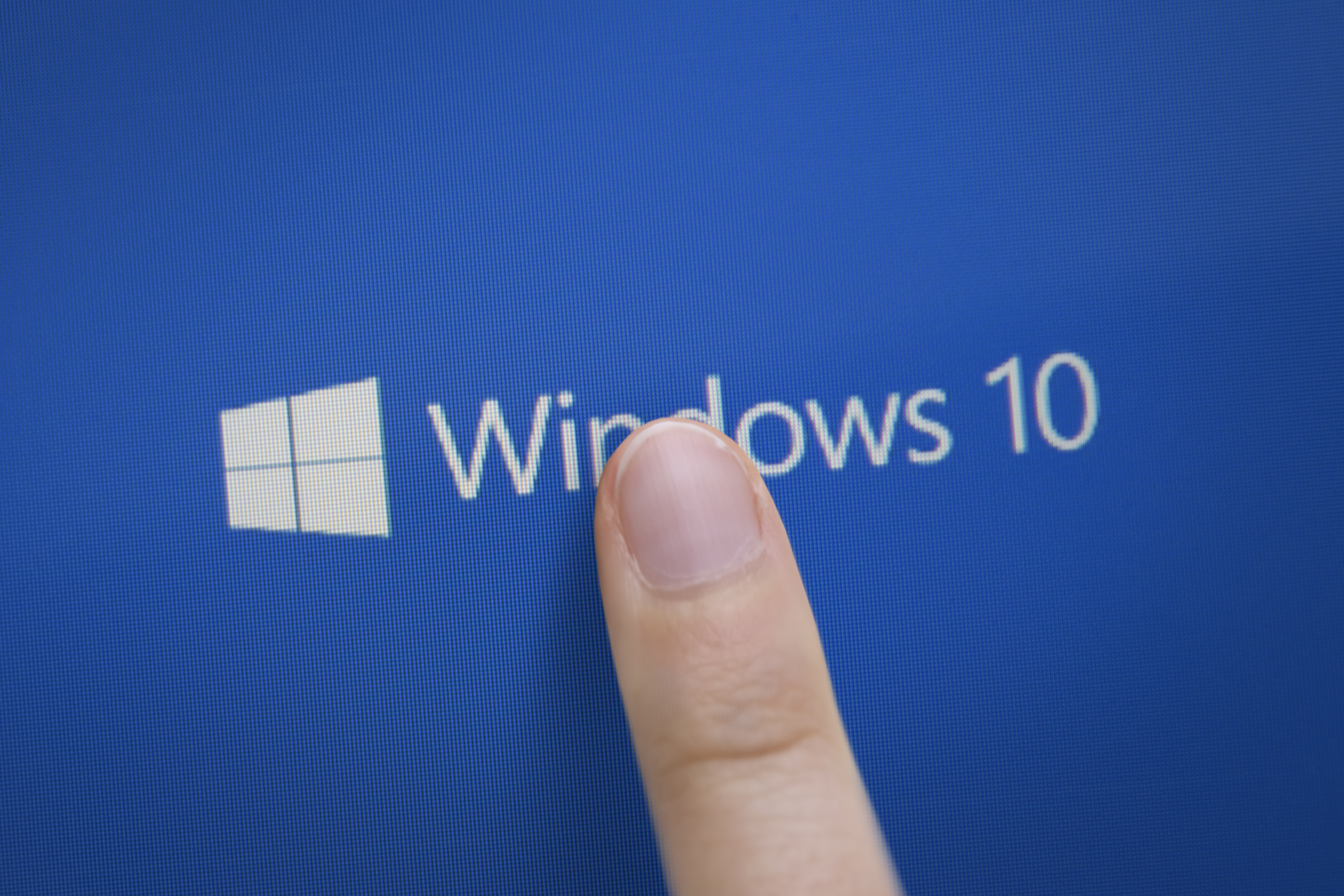Lawrence Klein, who’s based in Southern California, filed a complaint against Microsoft in the San Diego Superior Court over its plan to discontinue support for Windows 10 by October 14, 2025. According to the Courthouse News Service, Klein owns two Windows 10 laptops, both of which will become obsolete come October. He asserts that Microsoft is making this move “to force its customers to purchase new devices optimized to run Microsoft’s suite of generative artificial intelligence (AI) software such as Copilot, which comes bundled with Windows 11 by default.”



Okay. Serious question here. How long are they supposed to support it for? Windows 10 came out 10 years ago. To look back during that time:
So with the exception of CentOS, Linux has less time before it EOLs, and if you want you can always move to a newer version, but at some point a newer version may not support older hardware. Case in point 6.15 removed support for 486 chips, which you may argue is old, but someone will say the same thing “it’s still a perfectly usable computer”
It isn’t a question of “How long are they supposed to support it for”; it’s a matter of “Don’t artificially break things”.
As to Linux distro EOLs, they’re are bad examples for several reasons:
Not that I disagree, but 10 years is a massive jump in hardware performance.
Microsoft does support Windows for a good length of time. The problem is when they don’t provide a migration route for people using and older OS on hardware that is still perfectly powerful enough to remain in use. If they had Windows 11 fail over gracefully when the recommended TPM etc. is not present, then these users could migrate to Windows 11 without issue. The thing blocking these computers from going over to Windows 11 is an entirely artificial set of requirements concocted by a company that makes money from each new machine sold, and which doesn’t care that its customers now have to choose between environmental irresponsibility or running an insecure OS.
That said, Linux is there, it’s free, and it’s so much nicer.
I don’t disagree with this sentiment, but the problem is you can’t upgrade windows if your hardware doesn’t support it. It’s not like we are talking about i386 or anything. This is modern hardware and it’s just wasteful.
Legit, i can emu tpm and secure boot on a four year old proxmox build. There is no hardware here, the requirements are utter bullshit. It’s not even to support ai - it’s because Microsoft want to force an Apple style garden wall long, long after the horses in question have bolted
Well those are FOSS operating systems and Microsoft is selling Windows for money so I think “Right to repair” or “Don’t kill games” is more related than Linux. They should give people option to repair their OS if there will be security issues.
Fair but w10 was supposed to be the last os that gets continuously updated and all of a sudden they drop 11
Sadly that was just someone who misspoke and it was taken out of context.
TIL
Before I switched to Mint, my W10 spat out a full screen ad that was telling me to dump my PC and get a new one because support was ending for W10. I clicked on ‘maybe later’ because there was no other viable option to get it off screen, thinking it was a one off. It was when the ad popped up again 3 days later that I spat the dummy and went into Linux land.
It wasn’t about ongoing support. It was about being left alone with my choice and not having my personal computer nagging me every few days to spend money when I didn’t need to. I believe this is what most people are angry about.
I think it’s fair for an operating system you have to pay for to have a longer lifespan than an operating system you don’t have to pay for.
You can install the current version of Ubuntu on your Windows 10 PC that can’t run Windows 11.